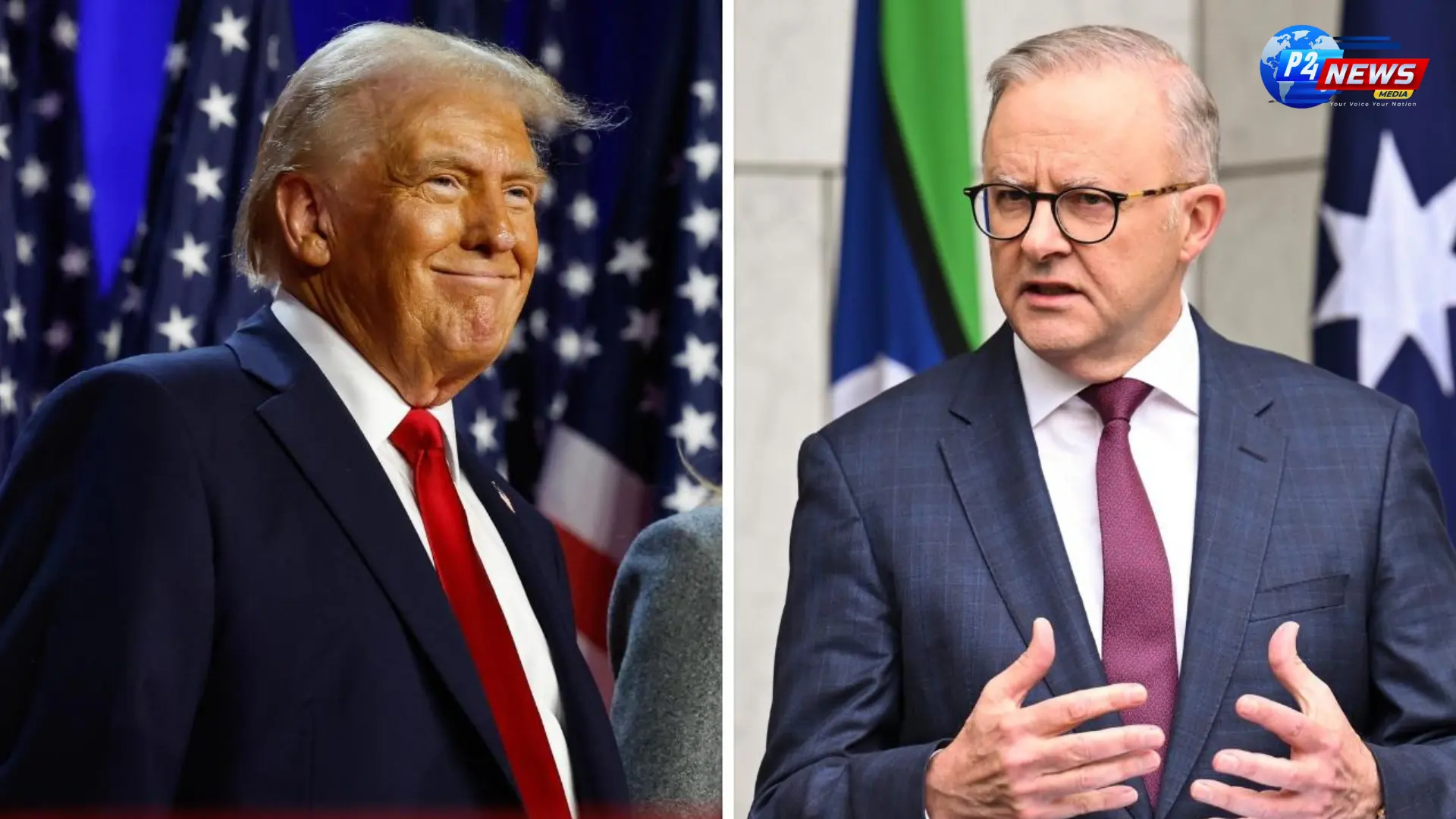Anthony Albanese is leveraging Donald Trump's anticipated cuts to US clean energy investments to position Australia as a prime destination for global investment. On his mission in South America, the PM aims to attract billions that could flow into Australia instead of the US, highlighting the nation's resources and stability.
In a bold move, Prime Minister Anthony Albanese is set to capitalize on Donald Trump's proposed reductions in clean energy investment in the United States. While attending meetings in South America, Albanese is ambitiously promoting Australia as an attractive and dependable trading partner, with the aim of redirecting billions of dollars that might otherwise support US clean energy initiatives.
With Trump's threats to dismantle the Inflation Reduction Act—a key aspect of President Joe Biden's strategy to transform the US into a leader in clean energy—analysts contend that this could yield up to $80 billion in investment opportunities for other nations. Albanese's government recognizes that this presents a golden chance for Australia, given its abundant resources.
“The Inflation Reduction Act, for instance, is driving substantial capital into the United States,” Albanese remarked to reporters in Lima, Peru, prior to the APEC summit. He added, “If those incentives are removed, it will have significant repercussions on the global economy.” Albanese's message is clear: Australia is poised to seize this opportunity and leverage its rich resource base, which includes essential materials such as copper, lithium, cobalt, and vanadium necessary for the global economy of the future.
During his week-long South American tour, Albanese is not just advocating for Australia’s potential, but he is also addressing issues surrounding trade and climate change that dominate discussions at the APEC summit. His goal is to build meaningful connections with business leaders and officials from crucial economies including China, the US, Canada, and Japan. "Australia has vast potential through climate actions," he stated, underlining the dual benefit for both the environment and the economy.
Furthermore, during his engagements with leaders from Indonesia and Peru, Albanese underscored the importance of enhancing trade ties across the region. This perspective starkly contrasts with Trump's approach to trade, which has often been characterized by divisive rhetoric and threats of tariffs. Indeed, Trump’s intention to impose a hefty 60% tariff on Chinese imports could create ripples across the global economy, compelling leaders at APEC and the upcoming G20 summit in Brazil to seek ways to protect trade and climate commitments from potential disruptions under Trump's influence.
As Albanese continues to navigate this complex international landscape, there are growing anticipations around a potential meeting with Chinese President Xi Jinping during their South American visits. Such meetings could be critical in fortifying Australia's strategic relationships in a rapidly evolving global economy.
Amid these discussions, it is clear that the changing dynamics in US climate policy present an unmissable opportunity for Australia. Albanese’s proactive approach to showcase Australia’s reliability and resource wealth is not just about addressing present economic conditions but is also a strategic vision for the future, positioning Australia advantageously amidst uncertainty in the global landscape.
'
















Comments 0